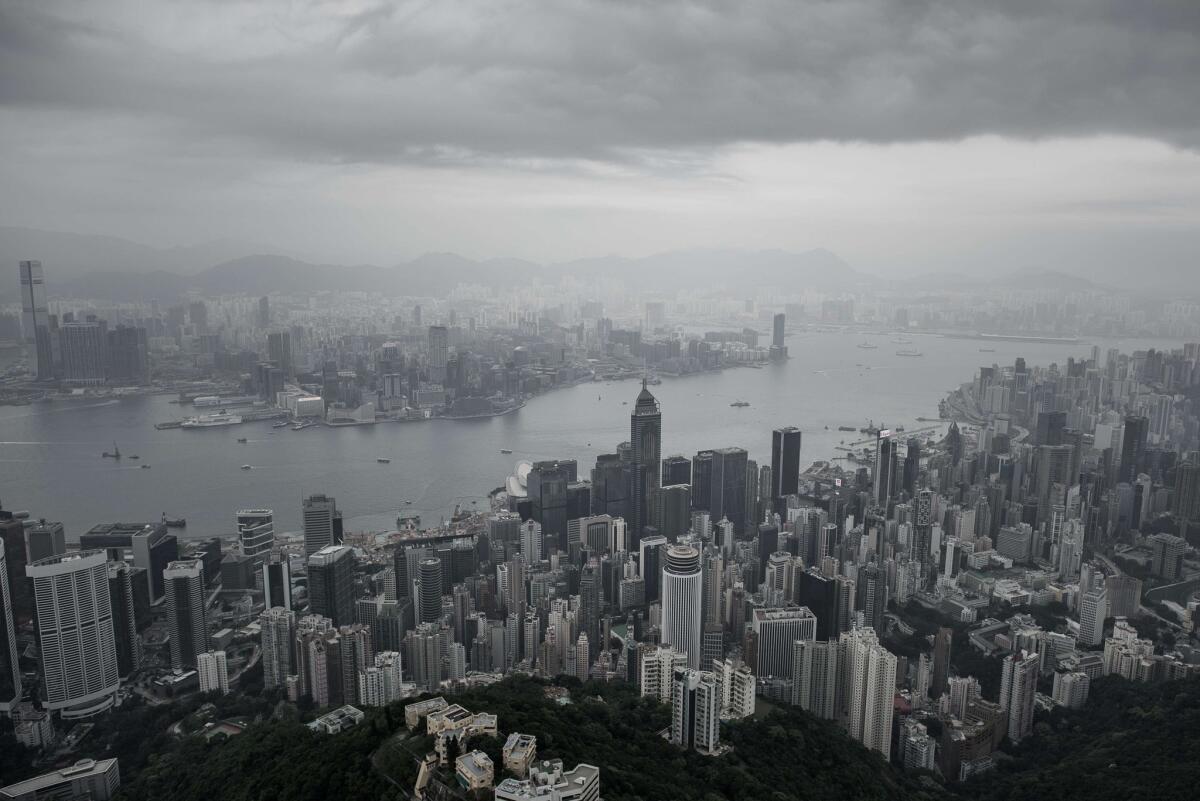2015 Milken Institute: Film success in China takes time, experts say

China may be the new frontier for Hollywood, but cracking the world’s second-largest film market is a painstaking process that involves years of relationship building, as well as navigating government censors and strict currency regulations.
Those were among the vexing challenges cited by a panel of film industry executives Monday at the 2015 Milken Institute Global Conference.
China has emerged as the world’s second-largest film market outside the U.S. With ticket sales growing at about 30% a year, China is on track to surpass the size of the U.S. box-office market by 2020.
The world’s most populous nation saw its box-office revenue jump 34% to $4.8 billion last year, according to a recent report by the Motion Picture Assn. of America.
Although the growth represents big opportunities for Hollywood, success in China can be elusive for American producers.
It requires years of cultivating personal ties with Chinese partners and an acute understanding of cultural differences when it comes to business practices, said producer Robert Simonds.
Simonds’ STX Entertainment recently announced a partnership with Huayi Bros., one of China’s largest film companies.
“I was talking to a friend who runs a studio,” Simonds said. “He was really frustrated with so many meetings he would have with the Chinese.... What I tried to explain is that in America we show up, we want to make a deal, then you get to know them afterward. In China it’s the opposite.”
Ryan Kavanaugh, founder and chief executive of Relativity Media, said that he visited China once a month for several years before he was able to negotiate co-production deals in China.
The Beverly Hills company owns SkyLand Entertainment, a film distribution and financing company based in Beijing. Last year, Relativity announced it was pairing with China’s state-run agency that oversees the promotion and distribution of Chinese films overseas.
“They want to get to know you,” Kavanaugh said. “I went once a month for eight years ... and maybe it wasn’t until the fifth or sixth trip until we started talking about, ‘OK, how do we start making a deal?’”
Stuart Ford, founder and chief executive of IM Global, a film finance and distribution company that works in China, said the Chinese government needs to clarify rules surrounding co-productions between U.S. and Chinese companies.
Such productions are attractive because they enable producers to grab a much larger share of box-office revenues than foreign films. But there have been relatively few successful co-productions, Ford noted, in part because of confusing government rules.
“I think the co-production conundrum is something that needs to be fixed,” he said. “The rules governing what can actually qualify as a co-production and the timing as to when co-production status is actually allowed on a project --- it’s way too fuzzy for prolific companies either in Hollywood or in China to spend much time on.”
Government censorship is another challenge, and not just in movies.
In other foreign markets, producers make most of their money in the pay-TV market, not at the box office.
Not so in China, where films run only about four weeks at the box office and producers can not rely on ancillary revenue. That’s because pay-TV channels and streaming sites often run afoul of government censors.
“People open a digital channel and start showing content and there’s a red notice on their door saying, ‘Shut it down because we don’t like the content,’” Kavanaugh said. “That’s where the impediment is and that’s what the Chinese government really needs to figure out.”
Twitter: @rverrier
More to Read
From the Oscars to the Emmys.
Get the Envelope newsletter for exclusive awards season coverage, behind-the-scenes stories from the Envelope podcast and columnist Glenn Whipp’s must-read analysis.
You may occasionally receive promotional content from the Los Angeles Times.







